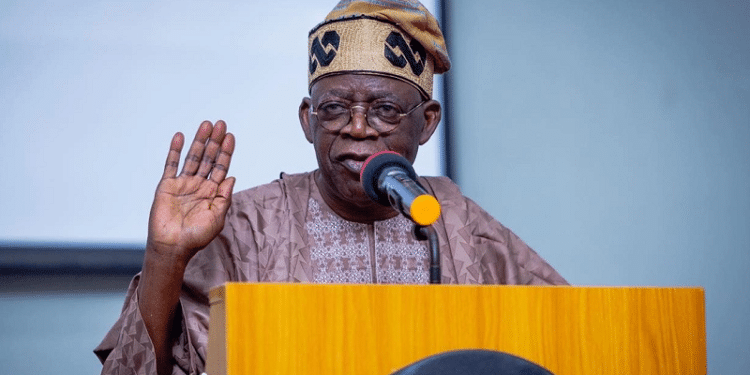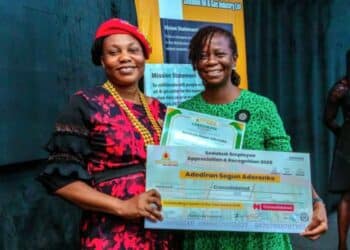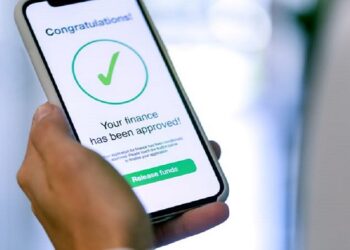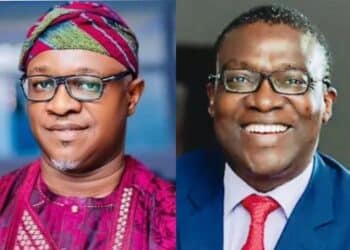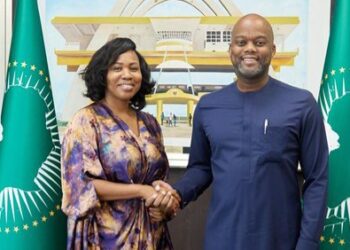Nigeria’s newly sworn-in president, Bola Tinubu, has stated that his administration wants to increase the nation’s GDP by “not less than 6%.”
As part of a larger strategy to modernise the largest economy in Africa, the president also presented a plan to align the country’s various exchange rates.
The statistics agency set the projected growth rate at 3.1%, nearly twice what it was last year.
The International Monetary Fund forecasts that Nigeria’s GDP will expand by 3.2% this year, compared to the World Bank’s expectation of 2.8% growth.
President Tinubu stated that he relies on budgetary changes and other initiatives to accomplish that goal during his inauguration speech in Abuja.
He outlined the main points of his agenda: “First, budgetary reform will be instituted to stimulate the economy without engendering inflation. ” He added that his team would provide further information in the coming days and weeks.
With an inflation rate of 22.2%, the new administration inherits a fiscal crisis in which almost all of the government’s revenue is used to pay off debt. Inflation has also rapidly neared its highest level in 18 years.
The administration also has to deal with a debt load currently worth around N70 trillion, which raises questions about its fiscal viability.
The president said, “Industrial policy will use the full range of fiscal measures to promote domestic manufacturing and reduce import dependency.”
He committed to investigating the issues facing domestic and international investors regarding various taxes and “various anti-investment inhibitions.”
Monetary Policies
According to President Tinubu, the Central Bank of Nigeria (CBN) would work to harmonise Nigeria’s various exchange rates. He also anticipates “housecleaning” of the monetary policy structure.
He revealed that pursuing a single exchange rate will help shift money away from arbitrage and into beneficial projects, such as investing in machinery, equipment, and job development.
He hopes to lower interest rates to encourage investment in ways that will promote economic growth.
The president made fun of the CBN for carrying out the recent unsuccessful currency swap hurriedly.
“The policy has to be examined. My administration would treat both currencies as legal tender in the interim, he said.


